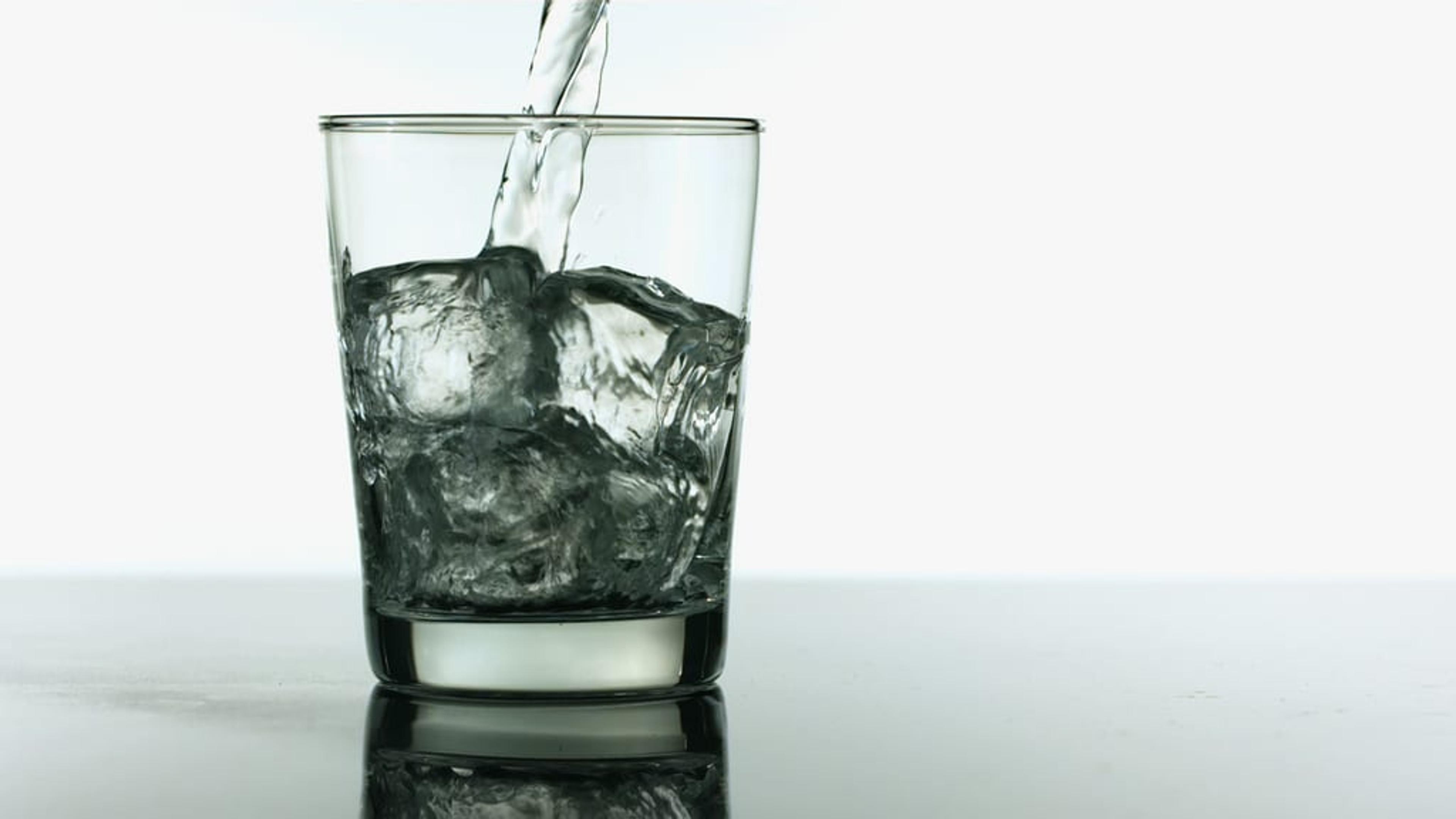Dehydration: A Danger Facing All Older Americans
| 2 min read

Many people classify dehydration as a relatively minor issue that can be solved with a tall glass of water. But for older adults, that dry, sticky-mouth feeling can become a real problem that can lead to serious long-term effects.
So why are older adults more susceptible to dehydration?
It comes down to a few things: As you get older, your body starts to lose its ability to conserve water. According to the Center for Nutrition Policy and Promotion, this can be attributed to several different factors, including loss in muscle mass and less efficient kidney function. Additionally, as you age, your thirst sense can become less acute and therefore you may not recognize that you aren’t drinking enough water. Add to that the fact that older adults happen to eat and drink less and you have a recipe for dehydration.
Unfortunately, while older adults are more likely to be dehydrated, they are also more susceptible to the health complications that can arise from dehydration. These can be serious, including seizures, brain swelling, hypovolemic shock and even kidney failure.
Dehydration can be prevented.
As serious as those health problems are, there are many ways you can be proactive about combatting both dehydration and those scary long-term effects.
- While the actual amount of water people need varies, a good rule of thumb is still to drink at least eight glasses of water a day. Doing so not only keeps you hydrated, it also reduces the risk of fatal coronary heart disease.
- Eat your water. Many fruits and vegetables are full of water—some are made up of 90 percent H2O. Boost your hydration by eating watermelon, oranges, celery and carrots. And try to eat more soup—broth is largely water.
- Avoid alcohol and sodium, both of which can can contribute to your dehydration. Sodium doesn’t have to come out of a salt shaker—check out these surprisingly high sources of it.
- Set a timer on your phone or watch to go off every hour. When you hear the beep, try to drink at least half a glass of water. This way you aren’t relying on thirst to remind you to drink.
- Learn what to look for to tell if you’re dehydrated. The best method is to check the color of your urine. If it’s dark, that is a pretty big sign that you aren’t drinking enough water.
Photo credit: Mike Atherton





